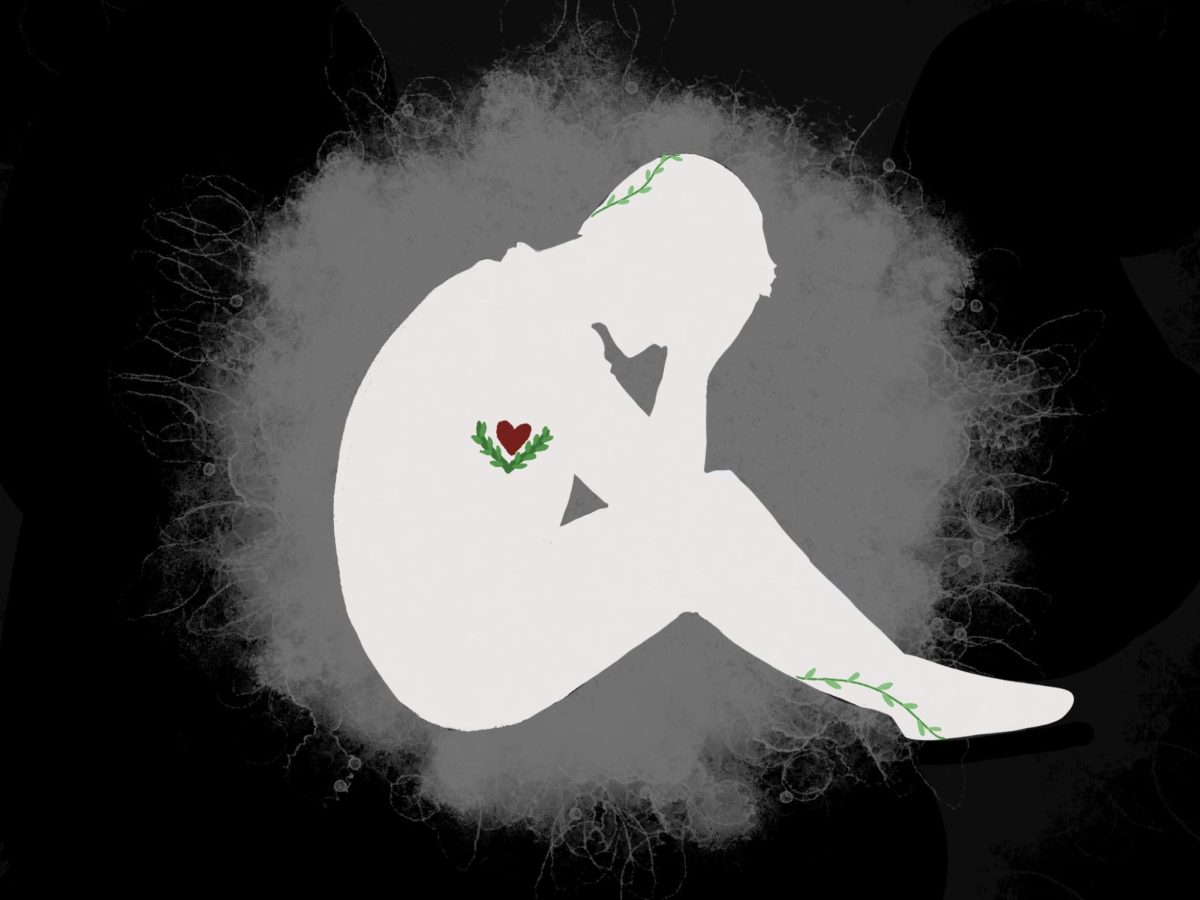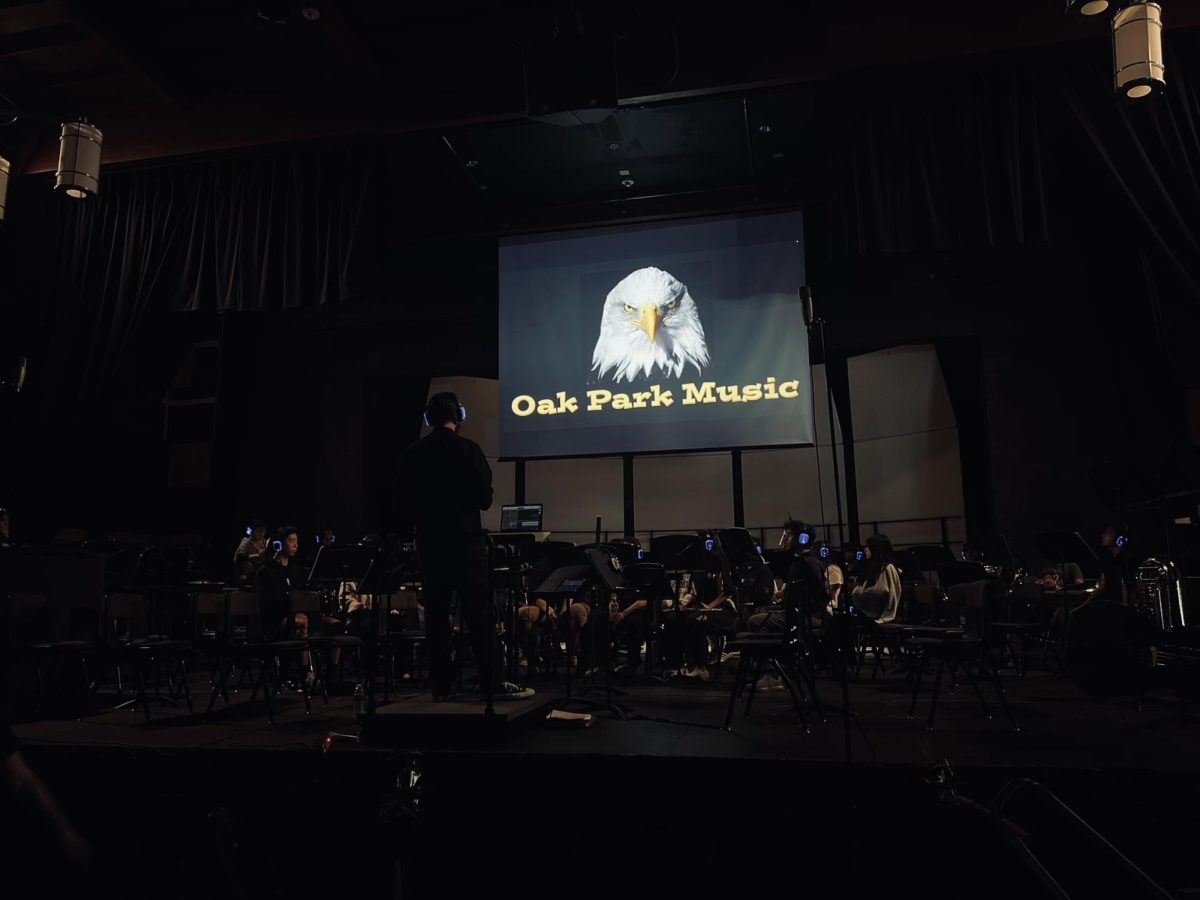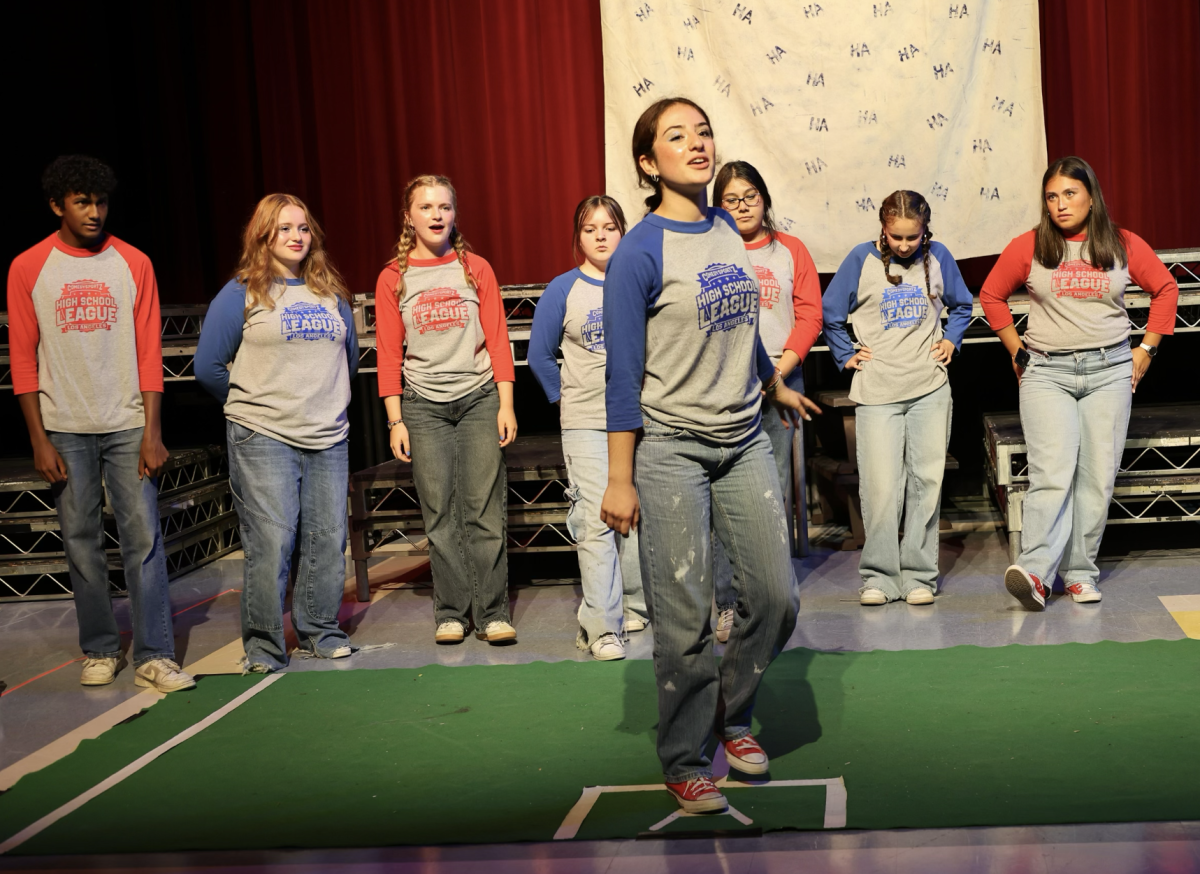Kathleen Schultheis’s interest in the prominent English Romantic poet, Percy Bysshe Shelley, began in her youth. This interest has incorporated itself in her vocations at Oak Park High School; she is the adviser to the Shelley Society and Philosophy Club, as well as an English teacher who has guided her students to greatness. However, few are aware of her own literary accomplishments outside of school.
This year, Schultheis’s third article will be published in The Keats-Shelley Review, one of the oldest British literary journals today.
“I did my PhD, but not in the Romantics. It was in American literature, Herman Melville,” Schultheis said. “I graduated in that field, and then about 15 years ago, I started to get interested in the second generation Romantic writers, and that would be Keats, Shelley and Byron.”
The English Romantics are deeply compelling to Schultheis because they were rebels. Although the first generation of these writers, who witnessed the bloodbath of the French Revolution, became deeply conservative, their successors worked to shed the old and move into the new.
“The second generation really felt that their predecessors had sold out and they were trying to bring back, if not the French Revolution, a respect for revolt, not accepting the status quo,” Schultheis said. “They’re interesting in the sense that they envisioned other worlds than the one they were living in.”
Schultheis’s second article for the review focused on “Julian and Maddalo: A Conversation,” a work by Shelley about his friendship with Lord Byron, another Romantic poet. Her first article focused on a fragment written by Shelley called “Ginevra.”
“[It] was about a young lady that he had sort of fallen in love with,” Schultheis said. “He wrote a poem about the dissolution of that infatuation with her.”
Schultheis’ most recent article focuses on Shelley’s epistolary relationship with Elizabeth Hitchener. Following Shelley’s expulsion from Oxford University for writing “The Necessity for Atheism,” he wound up at his uncle’s home. There he met the lower-class Hitchener, who served as the teacher for his uncle’s children.
“She was tremendously interesting … For a year they corresponded, and those letters that she wrote to him were the ones that I focused on. The ones that Shelley wrote to her are in every anthology of Shelley’s letters, and those have been around for years.”
Out of Shelley’s oeuvre, Schultheis’ favorite is one of his narrative poems, “Epipsychidion.”
“It means ‘soul out of my soul,’” Schultheis said. “It was about a platonic love affair between Shelley and this lovely Italian woman who had been forced into living in confinement because her family wanted to marry her to a highly positioned Italian family.
“In those days, a young woman had to be housed in a convent from age 13 to 18 to protect her from any intimation that she had had a previous love affair. So Shelley went to the convent to meet this young woman, and he fell madly in love with her, but he never actualized this love. He told the story of his love in poetry.”
The process to publication in the academic world is extensive, as demonstrated by the thorough research Schultheis conducted on the topics of her intrigue. Especially with a subject such as Shelley, one that has previously been covered by thousands of other articles and books, it can be difficult to conjure up an original perspective.
“You find something that speaks to you, something in a writer’s life or a poem or a set of poems. Then you probably spend a year, a good solid year on that subject, reading everything you can that other writers or other scholars have said,” Schultheis said. “Then finally, when you’ve read everything and you don’t run the risk of plagiarizing or borrowing somebody else’s ideas, you put all that aside, and then you sit down and try to write your own opinion. That was another three or four months, so [the article took] a year and a half.”
Schultheis not only looks upon the past but also upon topical issues. For OPHS students, the next generation, she ponders the future of academic scholarship like that of The Keats-Shelley Review.
“The question is, in the future, will this kind of scholarship survive? It has for a thousand years, but will it continue?”









